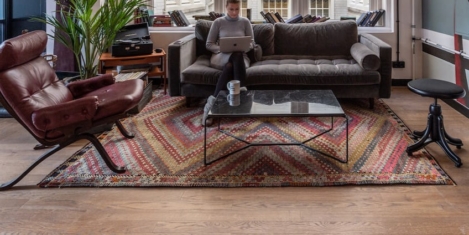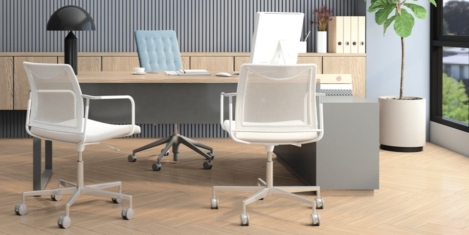To provide the best experiences, we use technologies like cookies to store and/or access device information. Consenting to these technologies will allow us to process data such as browsing behaviour or unique IDs on this site. Not consenting or withdrawing consent, may adversely affect certain features and functions.
The technical storage or access is strictly necessary for the legitimate purpose of enabling the use of a specific service explicitly requested by the subscriber or user, or for the sole purpose of carrying out the transmission of a communication over an electronic communications network.
The technical storage or access is necessary for the legitimate purpose of storing preferences that are not requested by the subscriber or user.
The technical storage or access that is used exclusively for statistical purposes.
The technical storage or access that is used exclusively for anonymous statistical purposes. Without a subpoena, voluntary compliance on the part of your Internet Service Provider, or additional records from a third party, information stored or retrieved for this purpose alone cannot usually be used to identify you.
The technical storage or access is required to create user profiles to send advertising, or to track the user on a website or across several websites for similar marketing purposes.
 Two thirds of IT workers and nearly half of office workers think that generative AI may come for their jobs within five years, according to a new report from Ivanti. The poll of nearly 8,000 respondents worldwide also suggests that 57 percent of people report ‘serious friction’ with workplace technology at least weekly and 61 percent say negative experiences with work tech affects their morale. (more…)
Two thirds of IT workers and nearly half of office workers think that generative AI may come for their jobs within five years, according to a new report from Ivanti. The poll of nearly 8,000 respondents worldwide also suggests that 57 percent of people report ‘serious friction’ with workplace technology at least weekly and 61 percent say negative experiences with work tech affects their morale. (more…)










 Over two thirds of UK employees do not feel a sense of connection and belonging at work, according to a new poll from
Over two thirds of UK employees do not feel a sense of connection and belonging at work, according to a new poll from 
























September 14, 2023
Is the Flexible Working Bill a game changer or paper tiger?
by Sam Ross • Comment, Flexible working